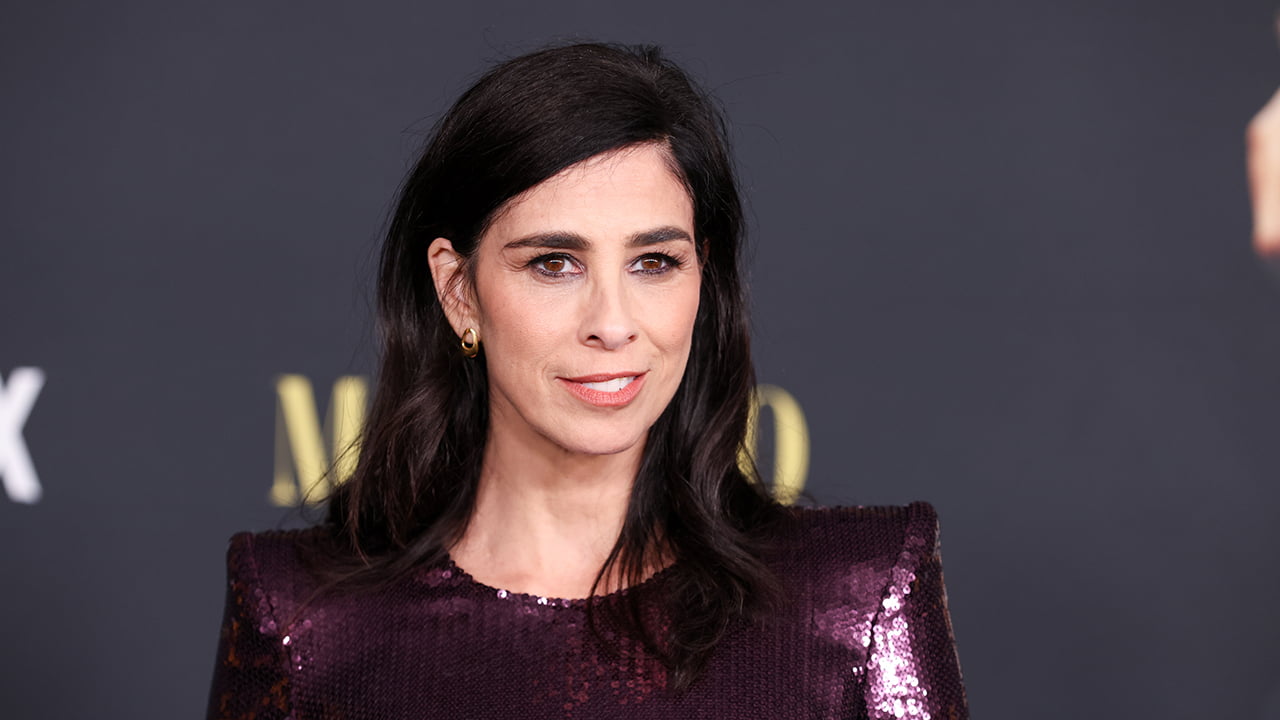
A high-profile lawsuit involving comedian and author Sarah Silverman against tech giants like Meta over the use of copyrighted material to train artificial intelligence models has encountered significant legal challenges. This case underscores the complex intersection of copyright law and the burgeoning field of AI technology.
Key Highlights:
- Most of Sarah Silverman’s lawsuit against Meta, which focused on the unauthorized use of copyrighted books for AI training, was dismissed by a federal judge.
- The judge labeled one of the core theories of the lawsuit as “nonsensical,” arguing that AI models like Meta’s LLaMA cannot be seen as infringing derivative works simply based on their use of copyrighted information.
- Silverman’s claim that every output from Meta’s AI tools constitutes copyright infringement was dismissed due to a lack of evidence showing that the outputs were adaptations of the plaintiffs’ books.
- The court’s decision allows Silverman to replead some of her claims, offering a narrow pathway forward in the litigation.
The ruling delivered by U.S. District Judge Vince Chhabria represents a pivotal moment in ongoing debates over copyright law as it applies to AI technology. Chhabria’s dismissal of key components of Silverman’s lawsuit highlights the judiciary’s skepticism towards arguments that AI-generated outputs inherently violate copyright protections. The judge specifically criticized the notion that AI systems like those developed by Meta could be considered derivative works of copyrighted material, dismissing the idea that the mere use of copyrighted content in training data constitutes infringement.
This legal battle is part of a broader trend of copyright challenges facing AI companies, with prominent authors and creators voicing concerns over the use of their work without consent. Despite these setbacks, the litigation raises critical questions about the future of creative rights in the age of artificial intelligence. As AI technology continues to evolve, the legal system’s response to these novel copyright issues will significantly impact both the tech industry and creative communities.
Meta’s defense hinges on the argument of fair use, a doctrine that could exempt the company from copyright infringement claims if their use of copyrighted material is deemed to have transformed the material or served a public interest without undermining the original work’s market. The outcomes of such cases could set precedents for how copyrighted content is used to train AI systems, potentially influencing future innovations and the regulatory landscape surrounding AI development.
As this legal saga unfolds, it underscores the need for a nuanced understanding of copyright law in the digital age, balancing the rights of creators with the potential benefits of AI technology. The court’s rulings so far suggest a cautious approach, prioritizing clear evidence of infringement over theoretical arguments about the nature of AI-generated content. This case, among others, will likely play a key role in shaping the future of copyright law as it adapts to the complexities introduced by advanced technologies.
Conclusion:
The lawsuit’s setbacks highlight the challenges of navigating copyright infringement claims in the era of AI, calling for a careful examination of legal standards and the innovative capabilities of AI technologies. The decisions made in this and similar cases will be crucial for defining the boundaries of copyright in a rapidly evolving digital landscape, ensuring that the development of AI technologies can proceed without stifling creative expression or violating intellectual property rights.